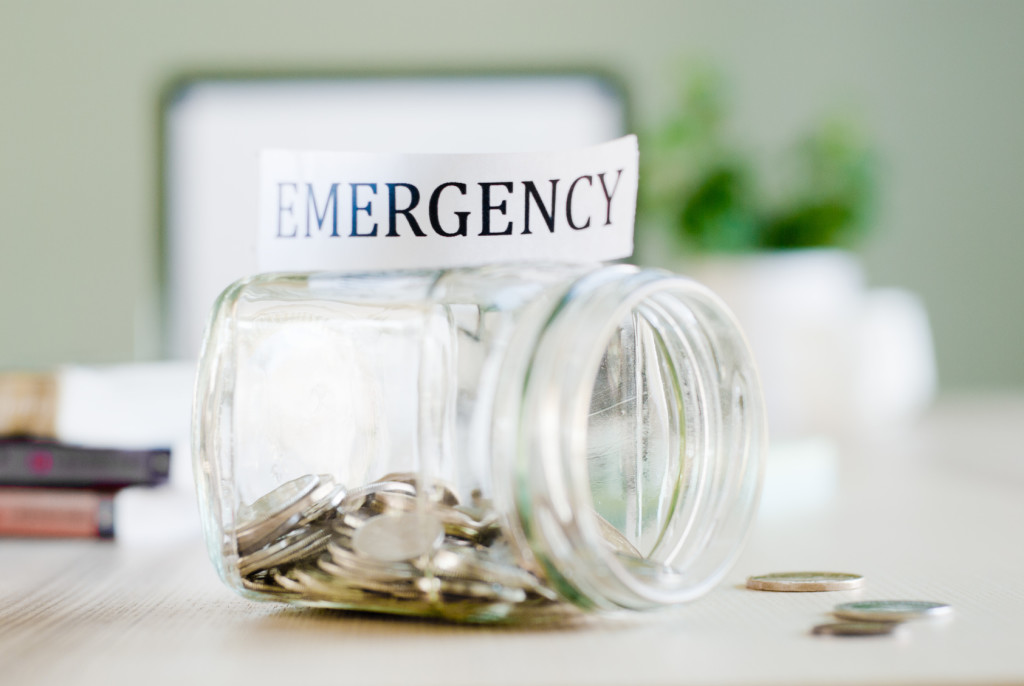It is important to have an emergency fund just in case — if you lose your job, a tornado hits, a tree falls on your house, your car breaks down, etc. you will be glad to have one. But just how much should you have saved? And what kind of emergencies should you prepare for?
How Much to Save
A general rule of thumb is to have $5,000 or 3 months of expenses in your emergency fund, whichever is greater. Of course those three months will be a frugal three months, so make sure that you include necessary expenses in your calculations like food, rent, utilities, and gas, instead of things like new clothes and vacations. Make sure that you don’t have too much sitting around in an emergency fund, as it is better to invest your extra money. Have about 10-20% of your emergency fund at home in cash in case you can’t get to a bank immediately. Keep some of it in your wallet, and some in a safe place at home.
Personal Emergencies
Personal emergencies include all emergencies that happen to you and your family. This could include any of the following: job loss, car accident, death in the family, damage to your home, unexpected medical bills, etc. Of course, you should be careful what you constitute as an emergency, as a new TV is not necessarily an emergency. During this time you will be able to go to a bank to withdraw money or take money out of your investments if necessary.
Community Emergencies
Community Emergencies are natural disasters, civil unrest, power outages, etc. In a community emergency, everyone will be strapped for cash and not just you. Chances are you will not be working during this time, as you will not have the resources to keep life running as normal. In chance of a community emergency, make sure that you have cash on hand. If the power is out, you will not be able to access your bank account for a few days. Also, if the electricity doesn’t work, cashiers in stores will not be able to work a cash register, or take credit cards, so you will only be able to pay in cash. Make sure that you keep all denominations, as not many people will have change. For example, if you go to a store to buy a $3 case of water, but you only have a $20 bill, that case of water will suddenly be worth $20.
How to Create an Emergency Fund
Saving 3 months of expenses or $5,000 is hard to suddenly have overnight. It takes time. Begin by putting aside a little bit each month to grow your emergency fund. Find places in your budget that you can cut expenses so that you can put that money towards an emergency fund.
